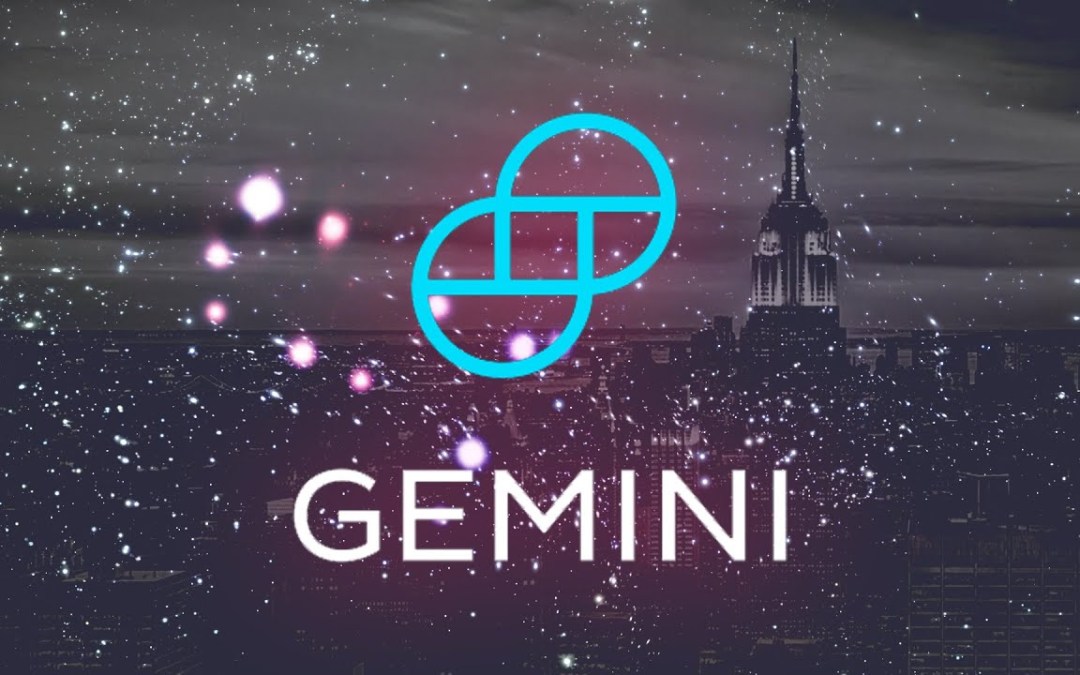Gemini Expands in Europe with Malta Hub to Meet MiCA Regulations
20.01.2025 14:19 1 min. read Alexander Zdravkov
Gemini, the cryptocurrency exchange founded by the Winklevoss twins, is enhancing its presence in Europe by establishing a compliance hub in Malta.
This move aims to align the company with the European Union’s Markets in Crypto-Assets (MiCA) regulations, following its recent registration as a Virtual Asset Service Provider (VASP) in Malta.
Mark Jennings, Gemini’s head of Europe, explained that obtaining a MiCA license involves either applying in a new jurisdiction or transitioning from existing VASP licenses. Currently, Gemini holds licenses in six European countries, including France, where it launched crypto services in late 2024.
A major focus for Gemini under MiCA is creating a unified compliance infrastructure across Europe, simplifying customer onboarding and meeting consistent regulatory standards. Jennings acknowledged the challenges of allocating resources to build compliant custody solutions but emphasized the opportunity to enhance transparency and scalability in the crypto space.
While MiCA provides clarity for the industry, questions remain about its treatment of stablecoins. Issuers like Circle have gained approval for USDC, but uncertainty surrounds non-compliant tokens like Tether’s USDT, raising speculation about potential delistings in the EU.
Despite these hurdles, Gemini views MiCA as a positive step toward harmonizing regulations across Europe, creating a more secure and transparent environment for digital assets.
-
1
Here is Why the Fed May Cut Rates Earlier Than Expected, According to Goldman Sachs
08.07.2025 15:00 2 min. read -
2
What Brian Armstrong’s New Stats Reveal About Institutional Crypto Growth
29.06.2025 15:00 2 min. read -
3
Donald Trump Signs “One Big Beautiful Bill”: How It Can Reshape the Crypto Market
05.07.2025 9:56 2 min. read -
4
Market Odds of a U.S. Recession in 2025 Drop in Half Since May
05.07.2025 18:30 2 min. read -
5
Toncoin Launches UAE Golden Visa Program Through $100,000 Staking Offer
06.07.2025 12:04 2 min. read
U.S. Public Pension Giant Boosts Palantir and Strategy Holdings in Q2
According to a report by Barron’s, the Ohio Public Employees Retirement System (OPERS) made notable adjustments to its portfolio in Q2 2025, significantly increasing exposure to Palantir and Strategy while cutting back on Lyft.
Key Crypto Events to Watch in the Next Months
As crypto markets gain momentum heading into the second half of 2025, a series of pivotal regulatory and macroeconomic events are poised to shape sentiment, liquidity, and price action across the space.
Here is Why Stablecoins Are Booming, According to Tether CEO
In a recent interview with Bankless, Tether CEO Paolo Ardoino shed light on the growing adoption of stablecoins like USDT, linking their rise to global economic instability and shifting generational dynamics.
U.S. Dollar Comes Onchain as GENIUS Act Ushers in Digital Era
In a statement that marks a major policy shift, U.S. Treasury Secretary Scott Bessent confirmed that blockchain technologies will play a central role in the future of American payments, with the U.S. dollar officially moving “onchain.”
-
1
Here is Why the Fed May Cut Rates Earlier Than Expected, According to Goldman Sachs
08.07.2025 15:00 2 min. read -
2
What Brian Armstrong’s New Stats Reveal About Institutional Crypto Growth
29.06.2025 15:00 2 min. read -
3
Donald Trump Signs “One Big Beautiful Bill”: How It Can Reshape the Crypto Market
05.07.2025 9:56 2 min. read -
4
Market Odds of a U.S. Recession in 2025 Drop in Half Since May
05.07.2025 18:30 2 min. read -
5
Toncoin Launches UAE Golden Visa Program Through $100,000 Staking Offer
06.07.2025 12:04 2 min. read


